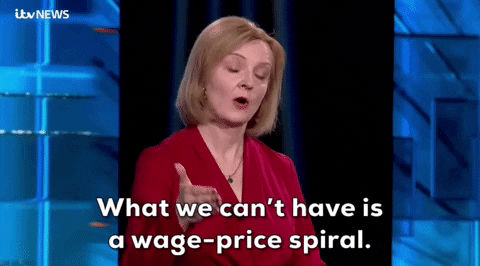The beauty industry is a booming business totalling $3.5 billion in Canada alone. You might think people would appear more plain-faced during economic downturns, choosing to forego spending on makeup—but the lipstick index demonstrates that the opposite might be true.
All Jargon Slayer stories
Canada's got a housing supply shortage, and it’s getting worse: The latest data from the Canada Mortgage and Housing Corporation (CMHC) showed that housing starts for March declined 11% from February.

In the fourth grade, I paid a boy $20 for a gold POG slammer, confident I could get more for it or trade it for an abundance of Sailor Moon POGs. I was wrong.

In last week's edition, we explored safe haven assets. One of them was bonds—they are a low-risk, fixed-income option with a steady, scheduled payout but don't offer exceptionally high yields (since the risk is so low.)

If you’re feeling like a rudderless ship in a stormy sea of investment uncertainties, you might want to find a safe harbour for your cash and park it in a safe haven asset for the short term.

Yesterday was International Women’s Day, a global celebration of the progress and achievements of women. But according to the United Nations, gender equality still has a long way to go. (Secretary-General António Guterres said it’s 300 years away.)

Looking for an easy way to build wealth? The "magic" of compound interest might be the trick you're looking for.



